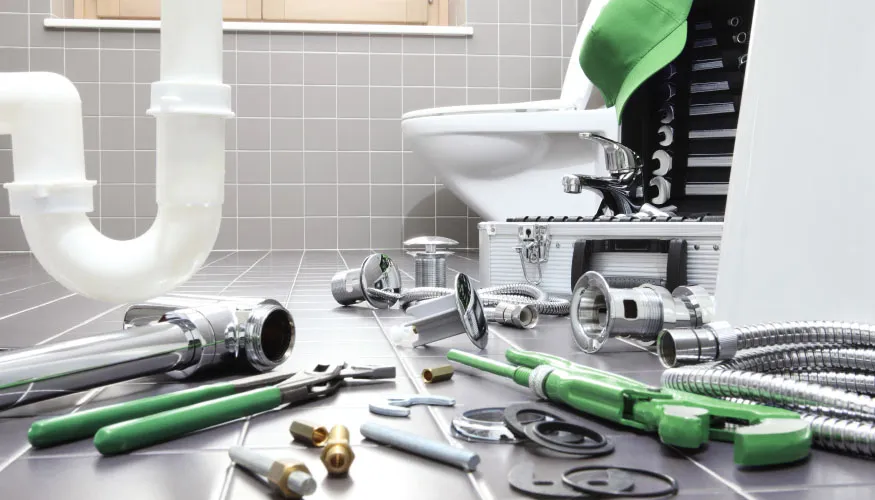If you're struggling with mental health issues A private psychiatrist assessment could be beneficial. This kind of assessment is quicker than public services and can help you get the help you require.
You'll need to bring details regarding your symptoms along with your family history and treatment history. The psychiatrist will also want to know about any medications you take, and whether you have had any traumas.
Finding a Psychiatrist
Private practice psychiatrists are independent of the clinic or hospital and may have their own practices. They can work with insurance providers to receive payments, but most people prefer to pay cash. In general, they have lower overhead costs than other healthcare professionals and provide more competitive rates for their services.
Those who want to become a psychiatrist in private practice need to be licensed and board-eligible. Additionally, they must to build their practice and promote their services. They can choose to partner with a variety of insurers or focus on filling their schedule. They can also directly contact patients by posting posters in public areas or on the Internet.
Many psychiatry experts have different areas of expertise, such as child-adolescent or geriatric medicine. They may also offer a wider array of services, such as psychotherapy and medication management. Certain psychiatrists are specialized in certain illnesses, such as bipolar disorder or schizophrenia. Others choose to work with certain groups, like seniors or veterans.
After finding a suitable psychiatrist, the patient will need to set up an appointment. The initial appointment should last 1-1.5 hours. The psychiatrist will listen to and ask questions about the patient’s past. The psychiatrist private (iampsychiatry.Uk) will then come up with an assessment based on all the information they have collected. In the initial assessment, the psychiatrist will also examine how the issue is affecting the patient's life and suggest possible treatment options.
After the initial appointment, patients will have to continue to meet with their psychiatrist regularly to manage their mental well-being. This may involve the use of prescription medications or psychological therapies, such as cognitive behavior therapy or psychoanalysis. It could also involve group or family therapy. In some instances psychiatrists are required to communicate patient information to other healthcare professionals in order to ensure that patients receive comprehensive treatment.
Safety-net hospitals are able to provide psychiatric treatment to those who can't afford it. These hospitals will usually charge a sliding scale of fees based on the income of the patient. Federally accredited health care facilities which are also known as community health centers can offer low-cost or even free treatment.
Making an appointment
Private psychiatrist assessments are typically cheaper than a face-toface appointment with a specialist in mental health. It is essential to verify the specific rules of your insurance policy prior to scheduling an appointment. Your deductible or copay may not cover any services that aren't "medically essential" by your insurance provider. Psychiatrists that accept medical insurance will post their prices on their website or in their call center. The ones who don't are referred to as "out-of-network providers." Depending on your insurance plan you could be required to pay a portion of the total amount upfront.
During the initial assessment the psychiatrist will review your medical records and ask about your symptoms. They will likely also ask about your family and friends which can affect your mood. These questions can be a bit intrusive, but they are essential for a correct diagnosis. They may also ask about your alcohol or drug usage.
The psychiatrist will decide at the end of the first appointment whether or not the doctor will prescribe medication. If they decide to prescribe medication, they will notify you GP and make arrangements for you to receive the prescription from them. They can also refer to a therapist for you if you require therapy.
You will be able to schedule follow-up appointments with your psychiatrist as needed. The sessions typically last 30 minutes. If they recommend therapy sessions they will last longer. In certain instances you may also need to attend sessions with a group of people.
Psychiatrists are able to prescribe medication to treat a wide range of conditions such as depression, anxiety and eating disorders. They can also treat bipolar disorder, ADHD and psychotic disorders such as schizophrenia. If you're prescribed a medication, it is important to adhere to the directions for taking the medication and to keep your appointments.
A service like Doctor on Demand can help you find a psychiatrist. The service provides a wide range of psychiatrists with various backgrounds and specialties. The initial consultation costs $299 and subsequent sessions cost $129. The online service also offers an easy way to file your insurance claim.
During the Assessment
A private psychiatrist assessment is a more specific and thorough appointment than a typical consultation. The appointment is scheduled for 90 minutes and the psychiatrist will ask you questions to help you understand the nature of your symptoms and their effects on your life. They will ask you a number of questions about your personal medical history, your medical history in your family, as well as previous treatments for mental health issues.
It might seem invasive or intrusive, but it's important to answer all questions honestly. This will enable your doctor to give you an accurate diagnosis tailored to your needs. They will most likely inquire about any traumatic or stressful events that you have experienced and how they affect you. They will also want to know about your medication use and any issues with substance abuse you've experienced.
In addition to the information you provide them with They will likely arrange blood tests and other medical exams. They might contact your GP to arrange these for you via the NHS, or they might suggest that you pay privately for them. If they feel it is essential, they could refer you to an occupational therapist or psychologist to further investigate and treatment.
Psychiatrists are among the most popular people to perform psychiatric assessments however, psychologists and nurses are also able to do this. It is best to consult psychiatrists, since they are trained in mental health issues and are able to offer you the best treatment.
Avoid consuming alcohol or drugs prior to your exam as they could affect your judgment and cognitive capabilities. It is also essential to sleep enough and take regular breaks to keep your body well-rested. This will help you to feel more at ease and enable you to have a more enjoyable assessment experience.
After completing your psychiatric examination Your psychiatrist will collaborate with you to develop a treatment program that is effective for you. You may be required to attend regularly scheduled appointments, or just do the occasional follow-up.
After the Evaluation
If you've been struggling with mental health issues such as ADHD or anxiety, you could be able to benefit from an assessment by a psychiatrist privately. However, there are a few points to consider before you schedule an appointment. First you'll need a referral from your doctor to consult with a specialist. This is particularly important if you're looking to utilize your medical insurance coverage. If you don't have private insurance, you may also want to look into community mental health services available in your region.
The psychiatrist will take into consideration your present symptoms as well as the history of your previous treatment when you come in for your psychiatric evaluation. They will ask you to explain the events that have occurred and any trauma-related experiences. They will also inquire about your family history to help you comprehend any issues that are prevalent in your family.
You'll likely be asked to take various psychiatric tests as well. These will vary depending on the circumstances and may include blood and urine tests to determine your levels of hormones, vitamins and electrolytes. These tests will aid the psychiatrist in determining what's causing your symptoms. They will also examine your history of use and whether you're taking any medications.
During the interview, the psychiatrist will listen attentively to what you have to say and will observe your body language. This is the most important part of the process, since it helps them determine your mental state and determine the kind of evaluation you require. If the psychiatric assessment suggests that you require further treatment, a therapist will be suggested.
 You can reach Dr Adrian Winbow and Prof Tony Hale of Iam Psychiatry to receive a private psychiatric assessment if you are suffering from mental illness. You can book an appointment at the time of your choice and receive a comprehensive session report, which will most likely contain the diagnosis and suggested treatment. The service will also send an official copy of the report for your GP. This is an extensive psychiatric assessment service that focuses on providing fast and quality results.
You can reach Dr Adrian Winbow and Prof Tony Hale of Iam Psychiatry to receive a private psychiatric assessment if you are suffering from mental illness. You can book an appointment at the time of your choice and receive a comprehensive session report, which will most likely contain the diagnosis and suggested treatment. The service will also send an official copy of the report for your GP. This is an extensive psychiatric assessment service that focuses on providing fast and quality results.








